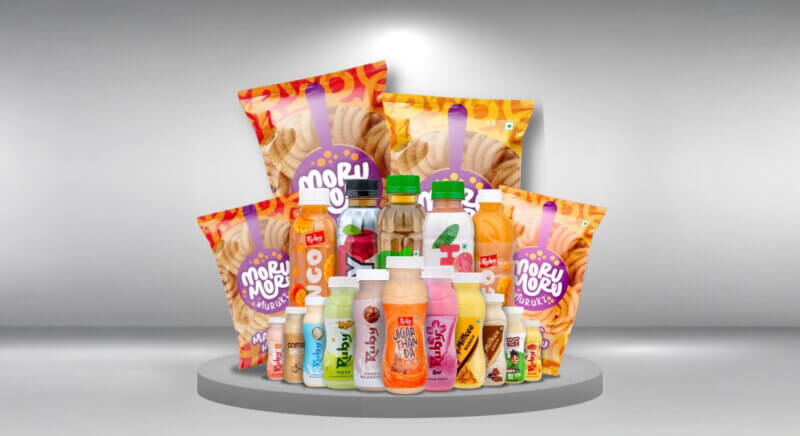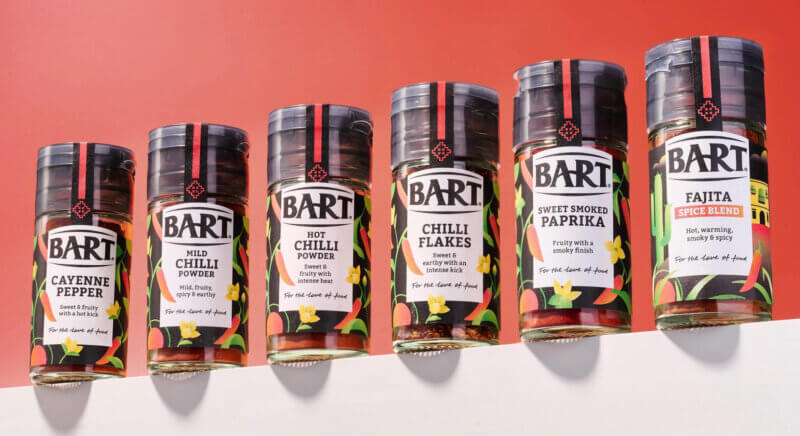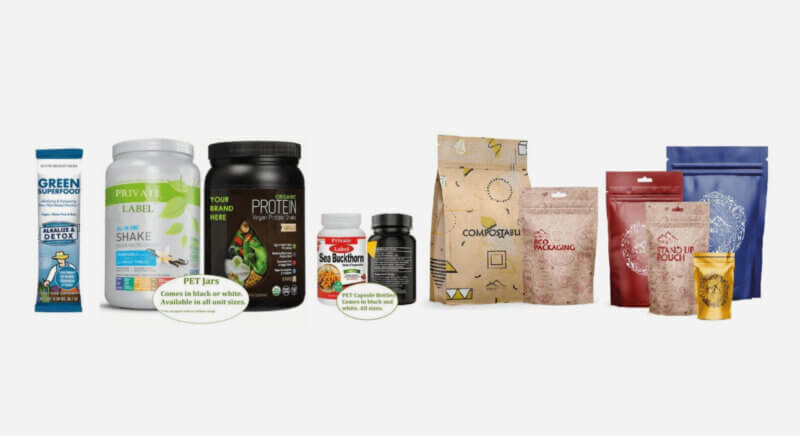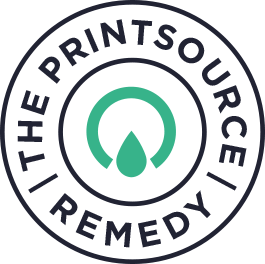White labelling involves producing products that other, often larger, brands sell under their own labels. By adopting a flexible packaging strategy, these manufacturers can cater to multiple brands and expand their reach efficiently.
Benefits of White Labelling for Food Producers
Wider Distribution Channels
Partnering with established brands allows small manufacturers to access broader markets without the burden of building their own distribution networks.
Increased Revenue Streams
By producing for multiple brands, manufacturers diversify their income and reduce dependency on their own brand sales.
Focus on Production
With branding and marketing handled by partner companies, manufacturers can focus on what they do best—creating high-quality food products.
Flexible Packaging as a Growth Enabler
Flexible packaging is a critical element of successful white labelling.
It allows food manufacturers to adapt quickly to the needs of various clients, whether through custom labels, different sizes, or unique packaging designs.
This adaptability is essential for small manufacturers aiming to service diverse brand requirements efficiently.
Real-World Examples in the UK

Ruby’s Food Products
Known for their authentic Sri Lankan and South Indian ready meals, Ruby’s offers white label services to delis, stores, and restaurants. Their flexibility in packaging and product range, including vegetarian and vegan options, enables them to meet diverse client needs.

The Bart Ingredients Company
Specialising in herbs, spices, and condiments, Bart Ingredients supplies products under private and white labels. Their scalable production and tailored packaging solutions cater to various retailers and foodservice providers, ensuring product consistency across brands.

Impact Foods
This supplier of superfoods like protein powders, dried fruits, and health ingredients collaborates with over 500 businesses globally. Their white label service includes creating custom packaging for brands looking to enter the health food market
Impact Foods International Ltd.
Key Takeaways
White labelling, combined with an agile packaging strategy, provides an excellent opportunity for independent food manufacturers to grow. By focusing on flexible operations and maintaining high-quality production, these manufacturers can effectively partner with larger brands to maximise revenue and reach. For businesses like Ruby’s, Bart Ingredients, and Impact Foods, this approach has proven transformative, highlighting its potential for others in the sector.



